About Us
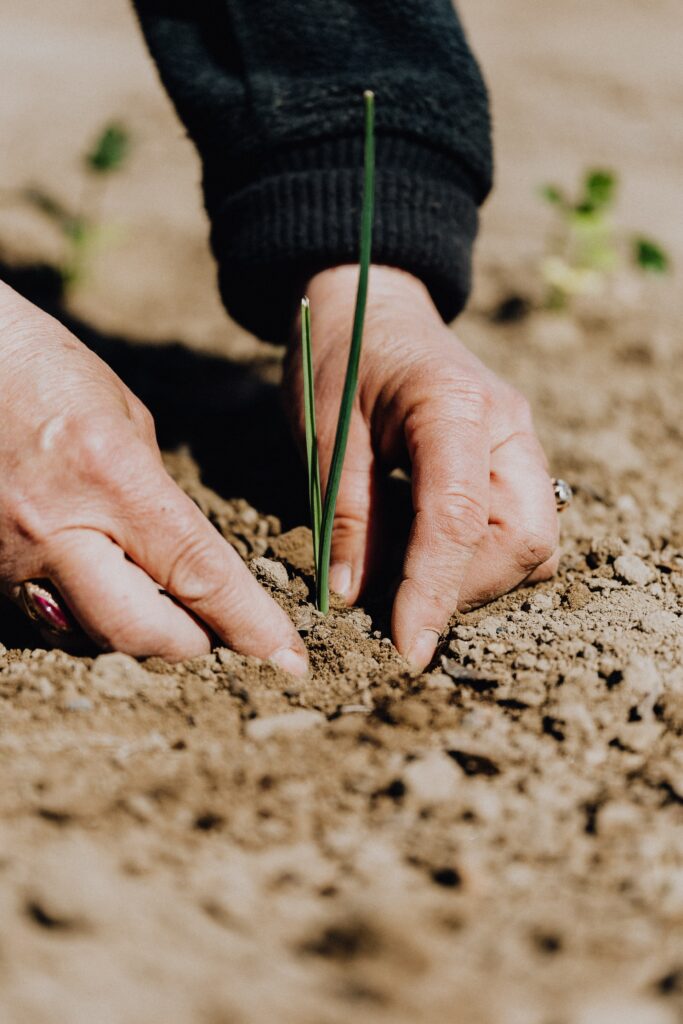
Trusted. Local. Future-Focused
At KI Food Company, we are more than just a supplier—we are a committed partner in building a sustainable, thriving food ecosystem for Kurdistan, Iraq, and beyond. Founded with a vision to elevate agricultural and food standards, we are proud to serve as a key link between producers, suppliers, and communities.
With headquarters in the heart of Erbil, and operational reach across Sulaymaniyah and Duhok, KI Food has grown into a leading force in the agricultural and food supply chain. From the grains that become your daily bread to the seafood served on your family’s table, we ensure every product upholds our promise of quality, safety, and sustainability.
Our Roots in Kurdistan
Nestled in the vibrant cities of Erbil, Sulaymaniyah, and Duhok, and extending our reach to the picturesque villages of Halabja, Akre, and beyond, KI Food Company is deeply rooted in the heart of Kurdistan. Our understanding of the local culture, climate, and agricultural practices allows us to effectively support farmers in the region. We believe that sustainable agriculture is not only vital for food security but also for preserving the traditions and livelihoods of our communities.
Passion for Quality
At KI Food Company, we believe that quality is non-negotiable. Our rigorous sourcing standards ensure that we provide only the finest agricultural products, from fresh fruits and vegetables to premium dairy and meats. By collaborating with trusted farmers and suppliers, we guarantee that our products are grown and processed under the best conditions. Our commitment to quality is reflected in every item we deliver, ensuring our customers enjoy the very best that Kurdistan has to offer.
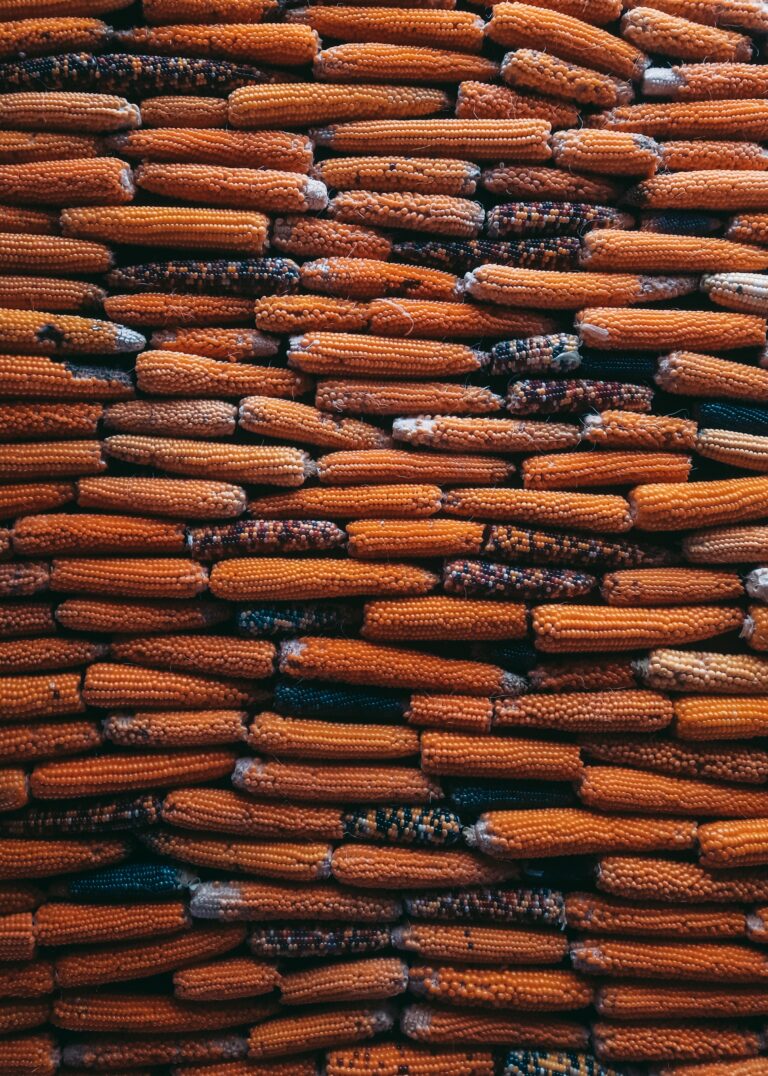
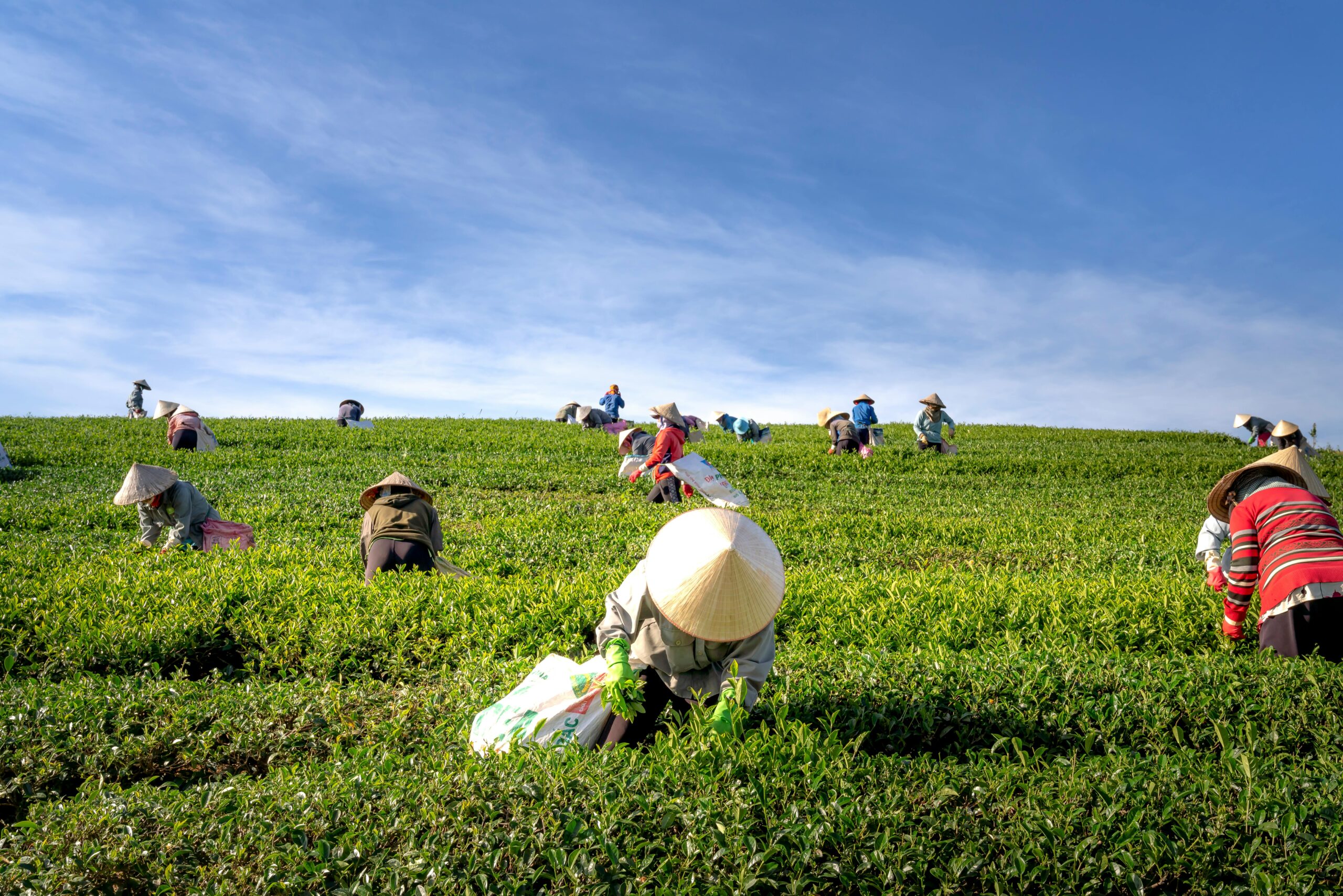
Empowering Local Farmers
We take pride in being more than just a supplier; we are a partner to local farmers. Through our educational initiatives and training programs, we equip farmers with the knowledge and resources to adopt modern agricultural techniques. This empowerment enables them to enhance productivity, improve sustainability, and ultimately increase their incomes. We recognize that the success of our company is intertwined with the success of our local agricultural community.

Innovating for the Future
As the agricultural landscape evolves, so do we. KI Food Company is committed to innovation, continuously exploring new methods and technologies to enhance our operations. By investing in research and development, we aim to introduce sustainable farming practices and advanced irrigation solutions that meet the needs of today’s farmers while preserving the environment for future generations.
A Community-Centric Approach
Our commitment to community extends beyond agriculture. We engage actively with the people of Kurdistan through various initiatives, including food safety education, workshops, and community events. By fostering a culture of collaboration and support, we aim to strengthen the bonds within our communities, ensuring that everyone plays a part in building a sustainable future.

Mission and Values
At KI Food Company, our mission is to provide high-quality agricultural products while promoting sustainable practices. We strive to build lasting relationships with our customers, partners, and local communities by upholding integrity, reliability, and excellence in everything we do.
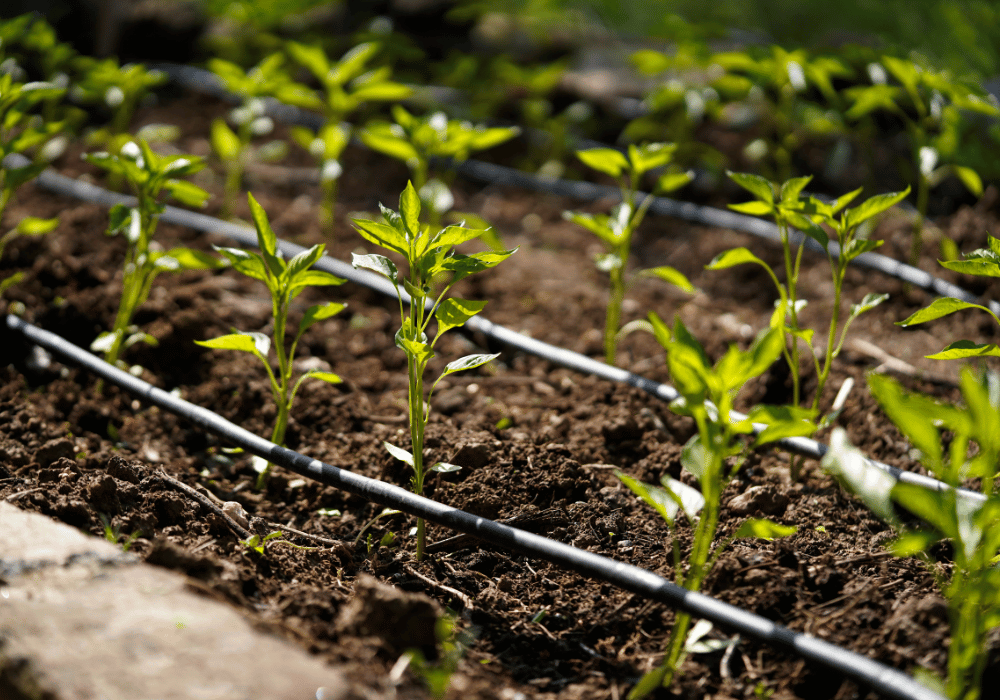
Core Values
- Quality: We are committed to providing only the best products and services
- Sustainability: We ensure that our practices benefit both our business and the environment.
- Community: We work closely with local farmers and communities to foster growth and innovation.
- Integrity: We uphold honesty and transparency in all aspects of our business.
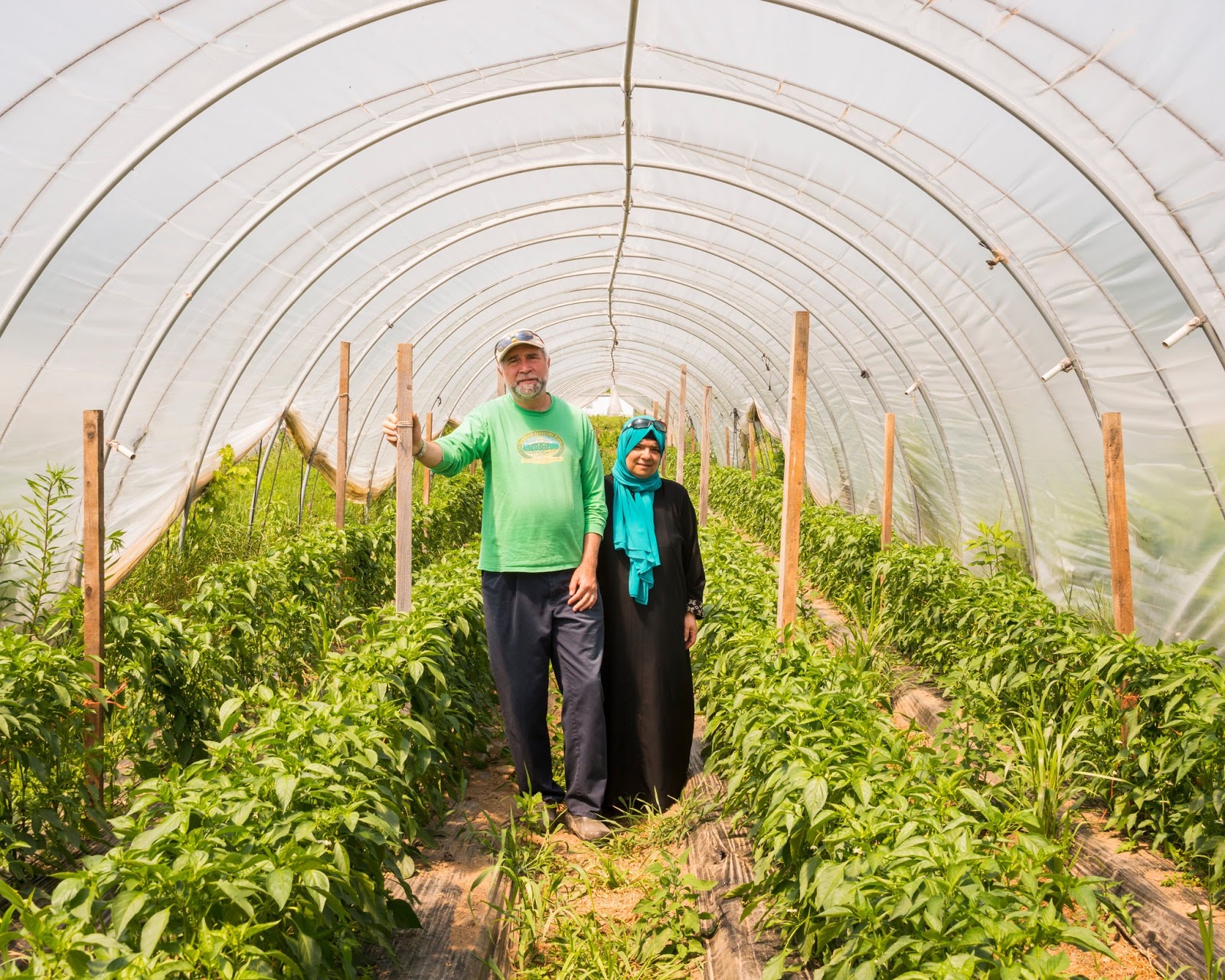
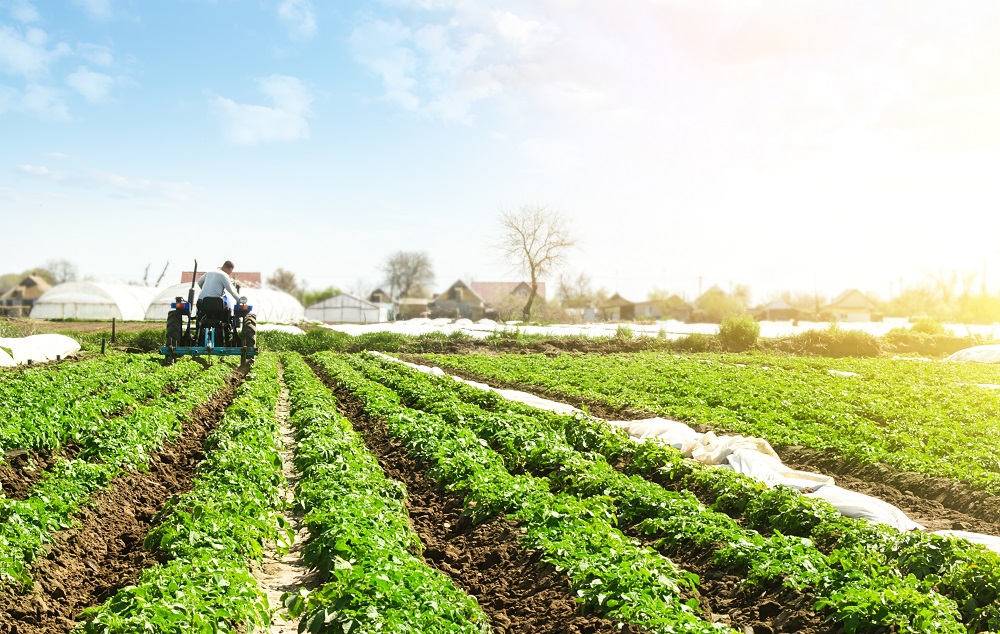
Our Story & Impact
Founded with a Vision
KI Food Company was founded with a singular vision: to offer high-quality agricultural products that support local communities while embracing sustainability. What started as a small operation in Kurdistan-Iraq has evolved into a leading provider of agricultural solutions, impacting lives across the region.
Making a Difference
KI Food Company’s influence extends far beyond the business. Through our educational programs, we’ve empowered over 100 local farmers with the knowledge and tools to improve their agricultural practices. Our partnership with local mills has resulted in the production of thousands of tons of high-quality flour, supporting the food security of the region.
